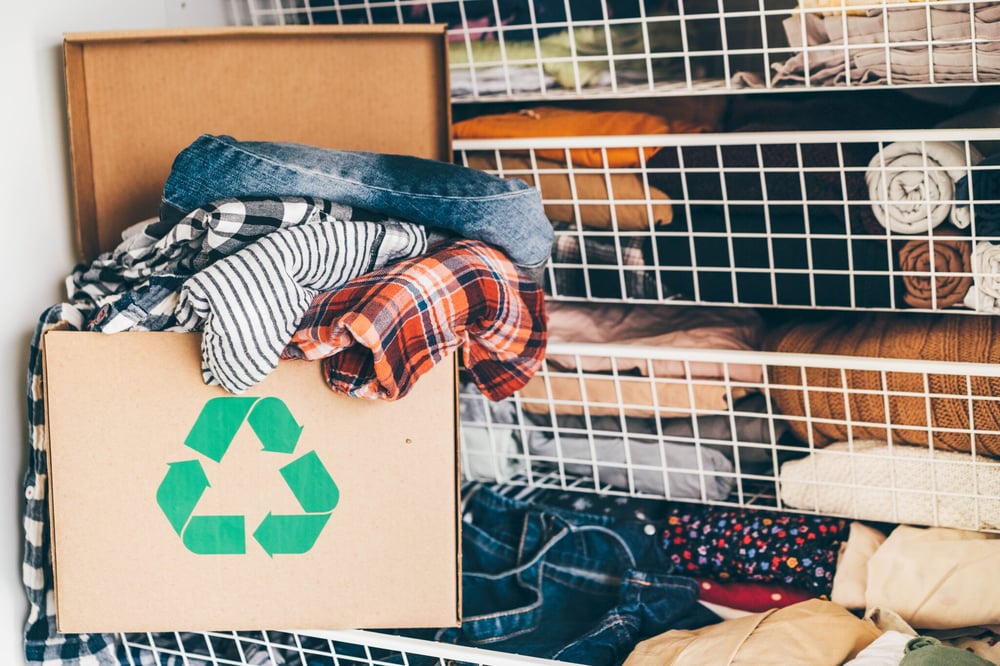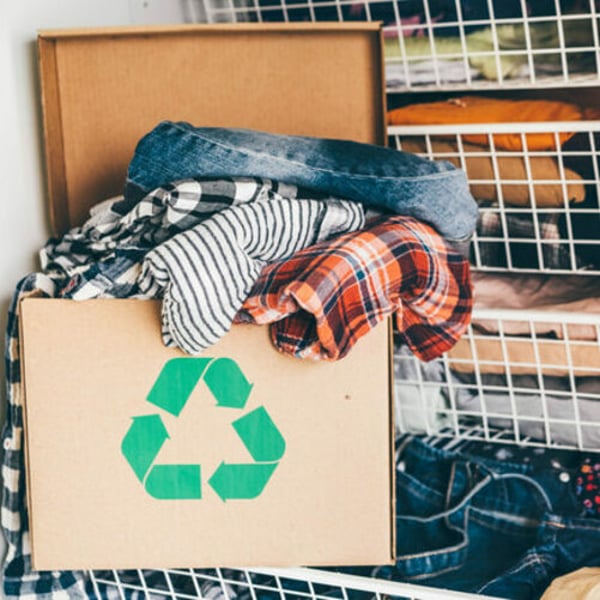Translated by
Nazia BIBI KEENOO
Published
July 15, 2025
Europe’s fragmented textile recycling sector is gearing up for a shift. ReHubs and the European textile confederation Euratex will unveil a roadmap by September 2025 to scale recycling efforts to industrial levels across the continent

The announcement follows the rollout of extended producer responsibility (EPR) on Jan. 1, 2025, which now requires brands, retailers and importers to either manage or fund the end-of-life processing of their products within the European Union.
According to a press release, the updated ReHubs roadmap—part of a pan-European initiative launched in 2020—will outline action plans for key stakeholders, identify priority investments, define measurable performance indicators and map out a step-by-step framework to accelerate textile-to-textile recycling.
The project first took shape in 2021 with the launch of “Transform Waste into Feedstock,” a pilot program in partnership with Texaid, a Swiss company specializing in converting used fabrics into reusable raw materials. With operations in Germany, Austria, Bulgaria, Hungary and the United States, Texaid helped establish the foundations for a future network of automated sorting and recycling hubs.
In 2023, ReHubs transitioned into a formal organization, ReHubs Europe, now backed by more than 30 partners. The initiative aims to increase Europe’s annual textile recycling volume to 2.5 million tonnes.
The timing of this roadmap is especially significant. Recent shifts in EU sustainability legislation have unsettled the European textile industry, particularly changes to the European duty of care framework and the proposed Green Claims directive, which governs environmental marketing claims. Euratex has called on Brussels for a more transparent legislative calendar to avoid market disruptions and ensure a stable path forward for sustainable investments.
“The textile and clothing industry is at a turning point,” said Robert van de Kerkhof, CEO of ReHubs. “With changing legislation and rapid technological advances, we have a unique opportunity to implement a systemic transformation that benefits the environment, the economy and society. ReHubs is proud to lead this initiative by federating diverse stakeholders around a clear and concrete roadmap. Together, we can build a resilient and circular textile ecosystem, capable of meeting today’s challenges and seizing tomorrow’s opportunities.”
This announcement also arrives at a critical moment for Europe’s textile collection and sorting sector. Traditionally funded by the resale of second-hand garments, the model has come under pressure as export markets decline—partly due to the surge in volumes of used textiles collected in Asia. The shift has weakened a long-standing economic structure, prompting calls from both industry players and governments to accelerate the transition toward domestic recycling systems.
This article is an automatic translation.
Click here to read the original article.
Copyright © 2025 FashionNetwork.com All rights reserved.










